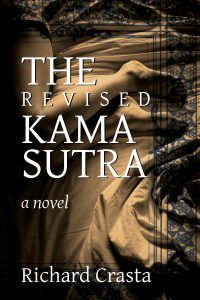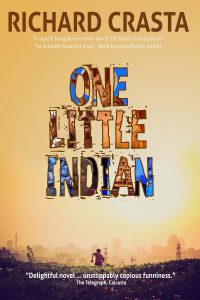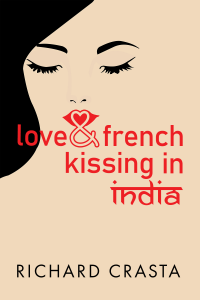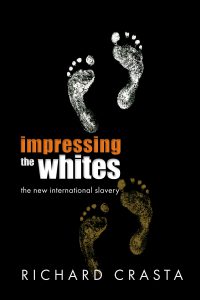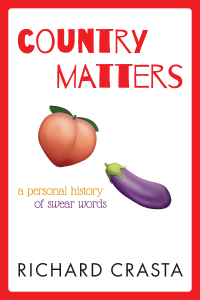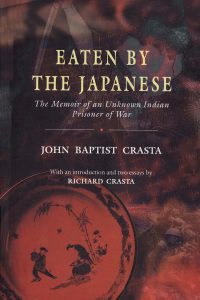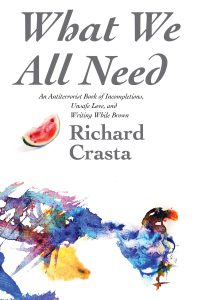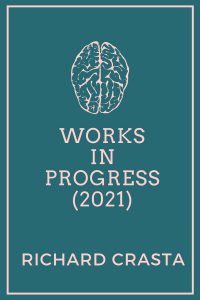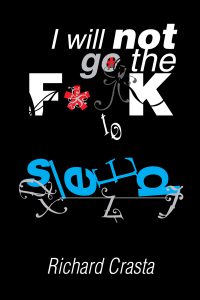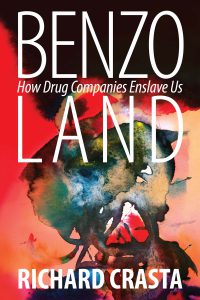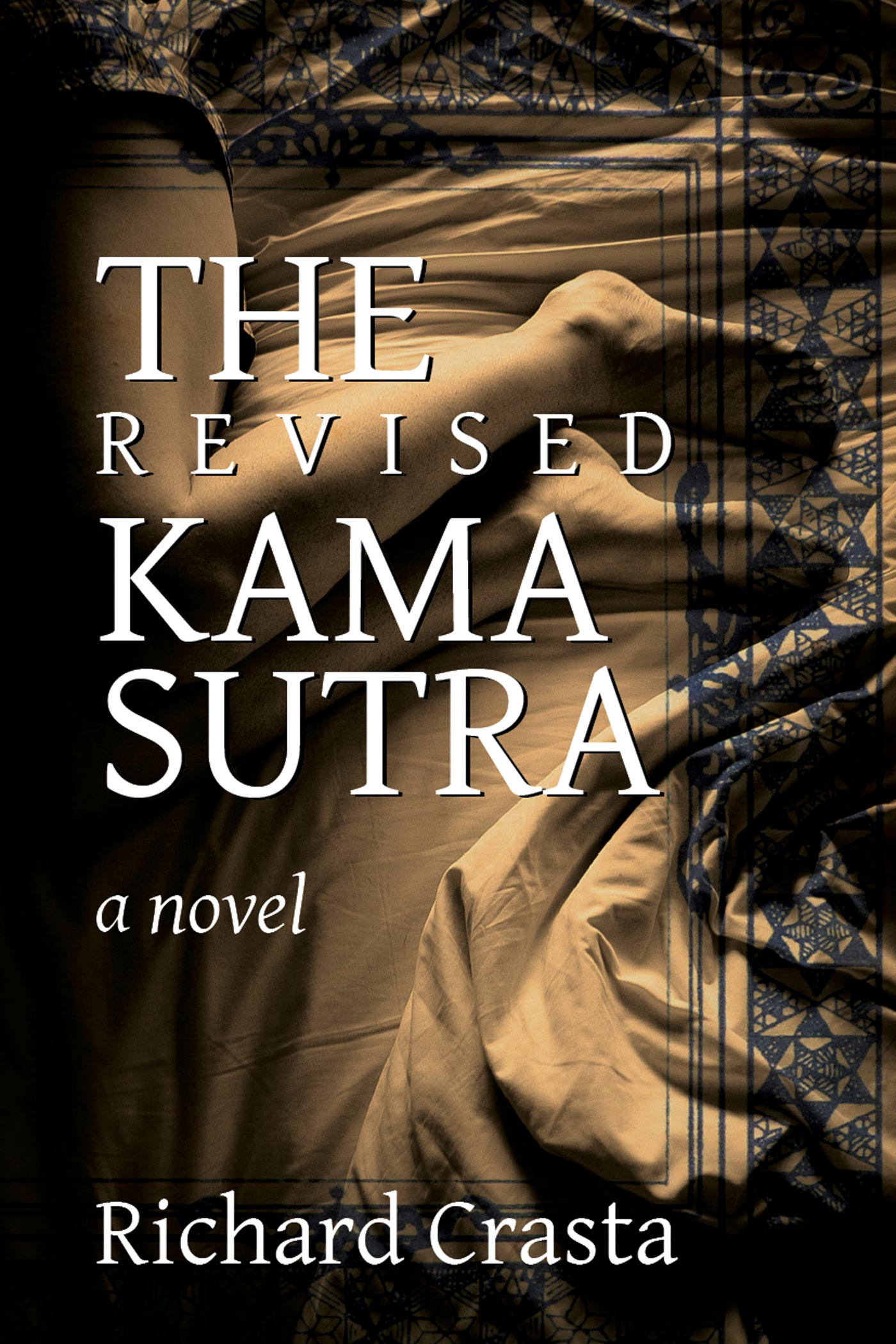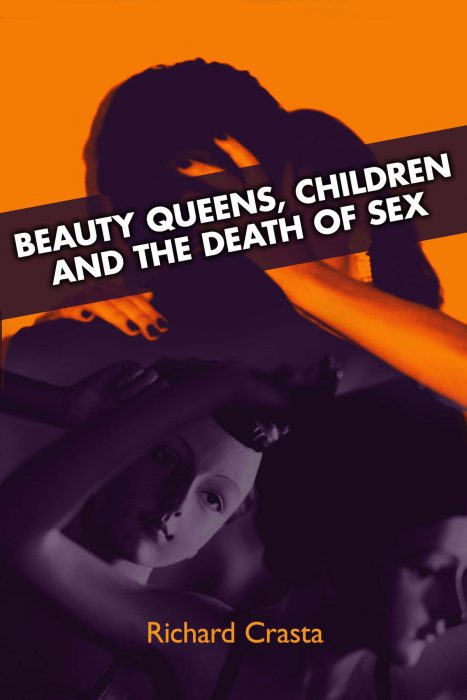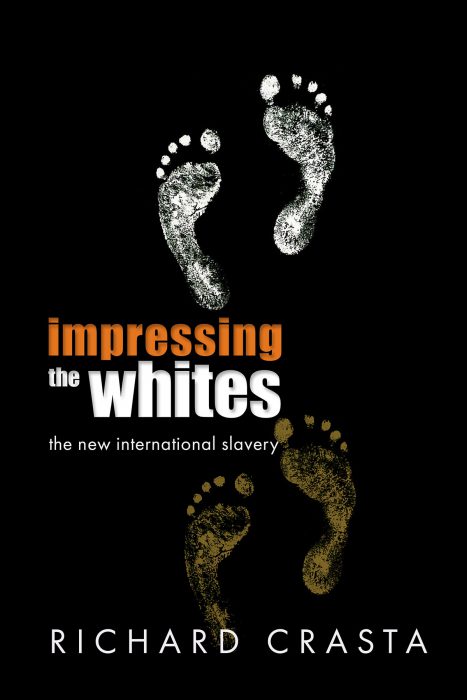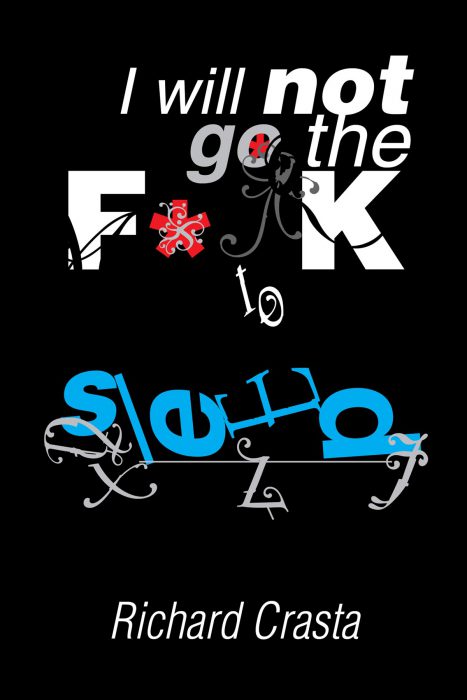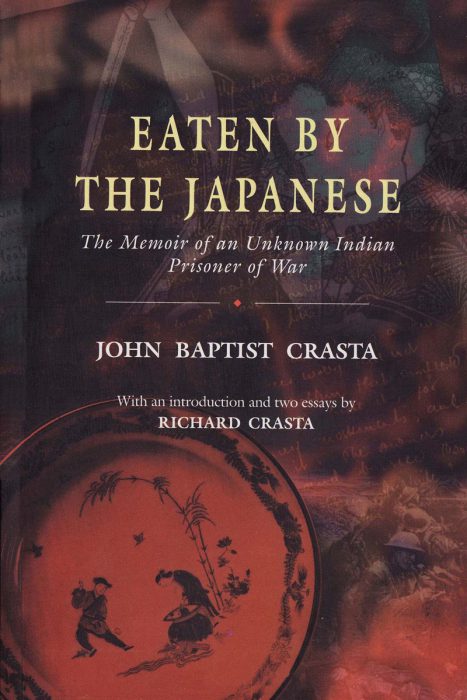When Vijay Prabhu, a small-town, middle-class Indian boy and survivor of assorted Jesuit boarding schools and the Five Pillars of Oppression—bells, canes, penis shame, girl shame, and sports–turns 13, he is suddenly filled with erotic longing and a deep desire to be free of conservative Mangalore. After a few screamingly sad/funny/fateful mishaps, he embarks on a sexual and spiritual odyssey that finally ends in America , the land of free sex, free speech, greenbacks, and Campbell ’s Cream of Chicken Soup.
Along the way, this novel gives us new and gloriously comic insights into sex, childhood, colonialism, desire, ambition, women, and naïve Third World dreamers of the American Dream.
Though this is a rich and multi-layered story probing the politics of desire, colonialism, and the missionary position 500 years after the Portuguese arrival in India in 1498, the writing is “such a sheer pleasure” (Financial Express) and the combination of subject, story, and style so unique among modern novels that two reviewers characterized the book as “unputdownable” (The Pioneer) and “delicate and hilarious” (The Face). An utterly “refreshing” and unique India that dispenses with the usual clichés and is irreverent towards all sacred cows.
“Exuberant, unabashedly raunchy picaresque novel . . . indefatigable good humor transcends the personal to stand for the contradictions and struggles of India as a whole. Considerable, irreverent charm.” –Publishers Weekly
“Very Funny!”–Kurt Vonnegut
“Irreverent, unputdownable . . . has a comic timing never seen in any Indian novel to date.”–The Indian Express
“An Indian novel with a difference . . . an entertaining romp of a novel, with the Hindu culture at odds with Western sexual freedom. A startling change from A Suitable Boy, Heat and Dust, or The Maneater of Malgudi.”–Tim Manderson in “Tim Manderson’s Special Selection”, PUBLISHING NEWS, U.K.
“Humorous and irrepressibly manic. An Indian Portnoy educated by Catholic nuns.”–The Independent, U.K.
“A verbal craftsman . . . hilarious.” –Time Out, London
“A delightful and zany debut. Crasta has managed a voice, unlike most Indian authors. This book is the Empire striking back at the new colonists, the land of Coca Cola and Kentucky Chicken. With his zany sense of humor and a chutzpah fed of locker room bravado and a no-holds-barred attitude towards all holy cows, including the Church, has tossed up a desi kind of Portnoy’s Complaint.”–India Today
“The episodic nature of sex is most believably represented. Hilarious and delicate” –Kimberly Leston, The Face, U.K.
“A Dickensian tale of a young boy’s travails, a comic-sexual odyssey, and a modern Joycean anti-novel. Peppery wit, no-holds-barred, desanitised, Rabelaisian. His concerns lie with the basic instincts of the middle class.”–Times of India
“333 pages of pure fun punched with serious matters of contemplation, topped with irreverence at its healthy best. A Pickwickian comedy. The Glossary is a marvelous example of meaningful iconoclasm . . . sounds which make the book sparkle, an audio-reading delight. Exciting innovations . . unabashedly candid, honest, sharp, Camusesque . . . may seem too daring to some.”–Debonair
“Delightfully witty . . . unputdownable . . . a novel written from the heart. From the first sentence to the last, the story unfolds in a manner that is not dissimilar to the languid stretching of arms of a woman after making love. Should be read for the sheer pleasure of reading. “–The Pioneer
“Hilarious contemporary Indian novel shot with some serious undercurrents . . . a rich and multifaceted novel . . . an indictment of colonialism and the colonial legacy on which we depend. A surrealist vision of India . . . Important.”–The Hindu [Selected as the BOOK CHOICE of the fortnight by this most distinguished Indian newspaper]
“The author’s approach to sex is warm, sensitive, and very, very funny. He may well be the best humorist we’ve had in ages. [But] the book is also about growing up in a time much more innocent than our own. Crasta’s tale is both quaint and poignant, qualities sadly absent from life in the naughty nineties.”–Business Standard
“The hero is a Tom Jones. Crasta builds upon sex and colonialism–both being tools of control. Sex controls the body; colonialism the land and the consciousness of its people. Crasta uses sex as a liberating phenomenon.” –India Abroad, New York
“Manages from the first page to overturn most of our expectations of what the Indian novel should be . . . He gives us a different India, a surprising and refreshing one. The book is clever, funny, lighthearted, readable and sexy . . . rampant, riotous, Rabelaisian. It is that great thing, the novel of literary quality which is capable of being enjoyed by a wide readership, and it has an utterly original voice.” –John Saddler, Transworld Publishers, U.K.
“A craftsman of letters. Hilarious. Almost read it nonstop.” –Khushwant Singh, prolific author/critic, India’s most widely read columnist.
“Penguin’s hot new book now making waves has a hero with a perpetual bulge in his pants and the Stars and Stripes in his eyes. An undiluted ode to the omnipresent Oedipus in the Indian male psyche. Personifies the post-Independence Indian male.”–Canara Times
“The book is about growing up with a half-empty stomach and a constant state of arousal . . . In a bittersweet satirical way, the book is about the life of an average Everyman from India. Crasta, who has taken the humor in the book to the point of near subversion, has managed to encapsulate the feelings of an entire generation of Indian men.”–Masala Magazine, New York
“A serious, intelligent writer who means business. Witty, snappily written dialogue . . . an insightful protest against the way the colonial mentality still pervades our lives.”–Society
“Crasta has created waves with his non-conformist novel . . . which has arrived on the Indian literary scene with a resounding bang. The author delves into the labyrinthine relationship between Indian men and women, especially across class lines. A brutally honest picture of the male mind. It is an examination of the identity of the Mangalorean Catholics and Indian Christians living in an overwhelmingly Hindu society and of their complex relationship with their ancestral religion.” –Amrita Bazaar Patrika
“Much that is real and genuine. Surprises you with its remarkable perceptivity.” –Times of India.
“Sensational . . . fascinating . . . a writer who refuses to say things the way they’ve always been said, and manages to find new ways of saying them. A writer who makes you laugh, but also makes you question your value systems. Revels in bawdy, earthy sex, but talks poignantly and yearningly of love. A refreshing revolt against our boring, middle-class mores . . . our rarely confessed prudery. Crasta has spoken out against censorship, against oppression.”–SOCIETY
“Delightful . . . unpretentious . . . such pleasurable reading.”–FINANCIAL EXPRESS
“He brings to the English language a freshness we’ve stopped expecting from our reigning literary lions.”–Business Standard
“The Rushdie of Catholicism”–The Asian Times, London
“Enough to get him banned and excommunicated.”–The Hindu
